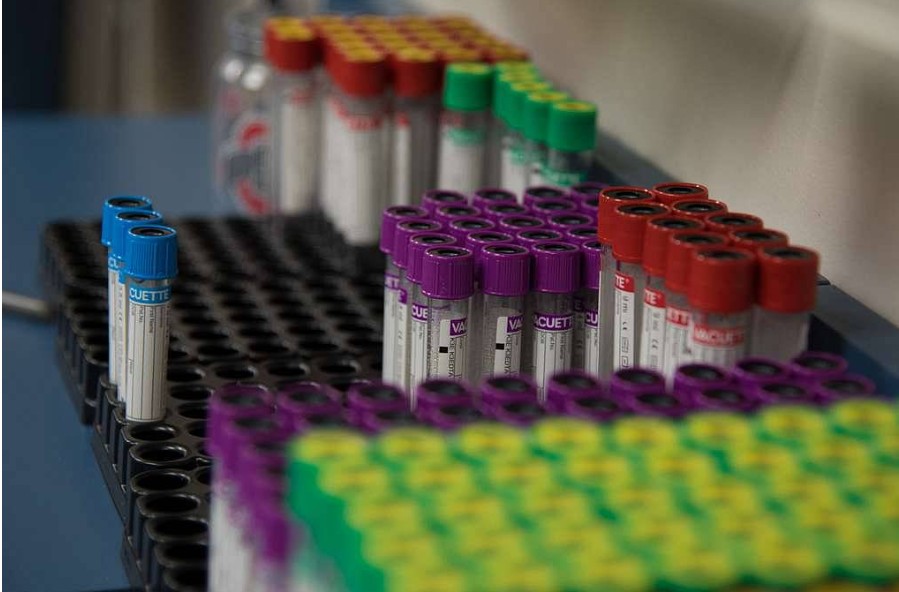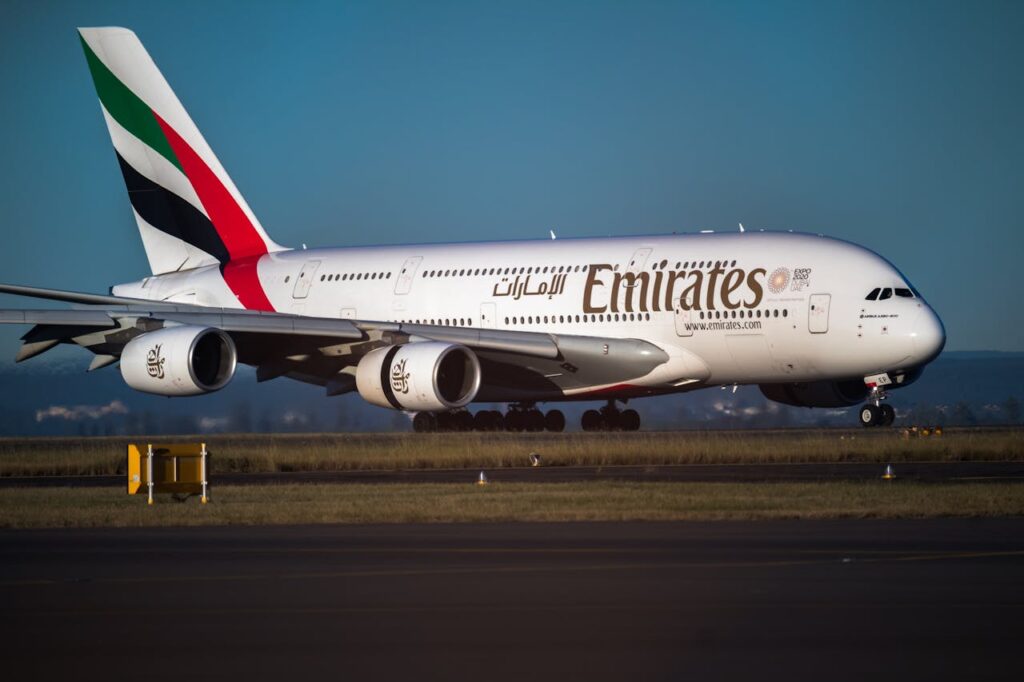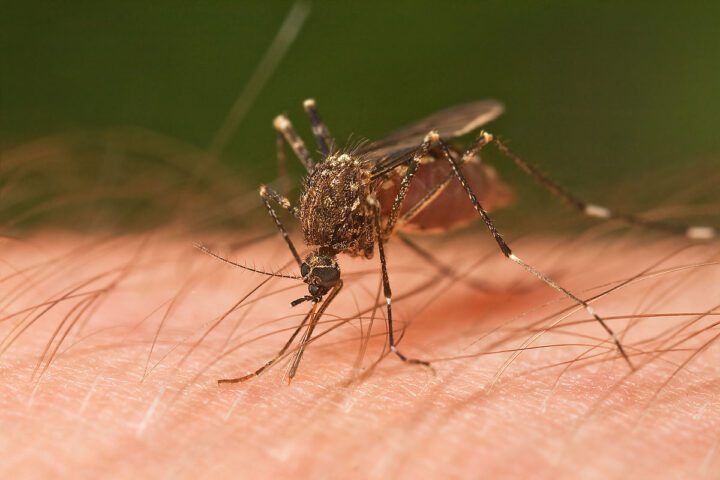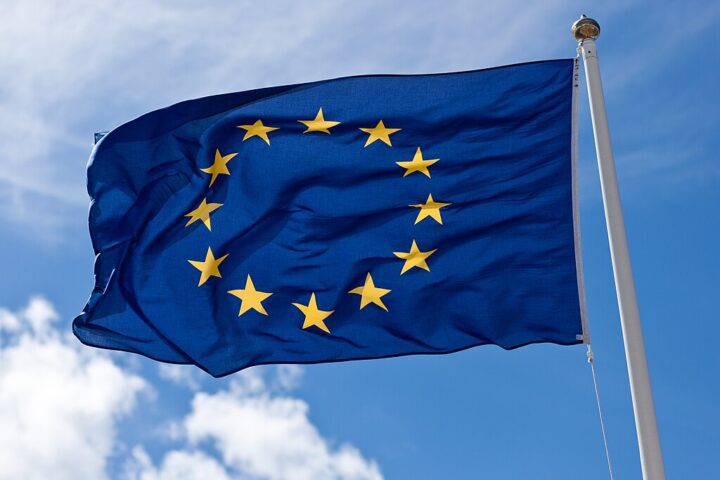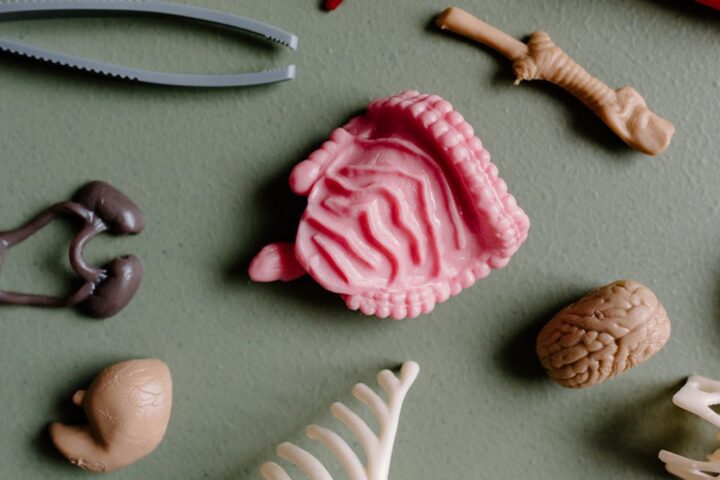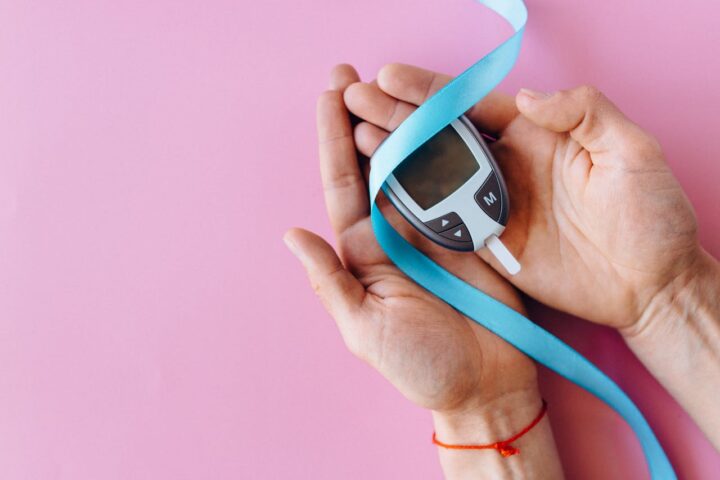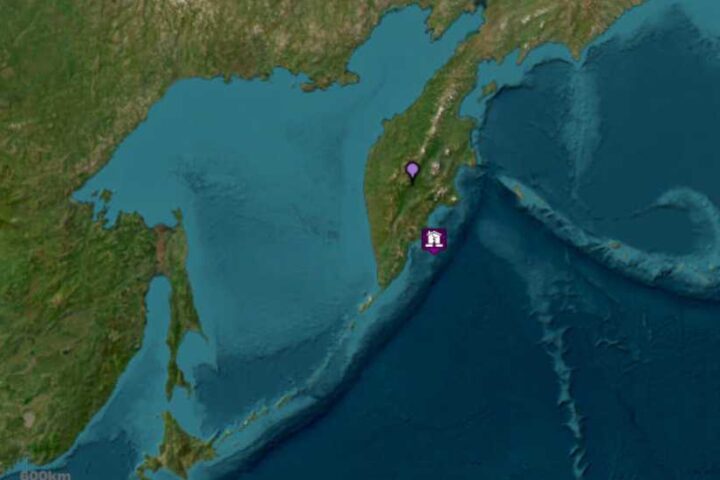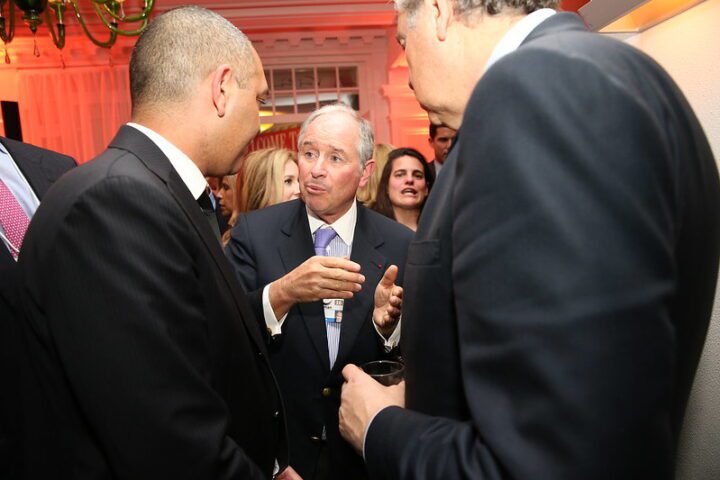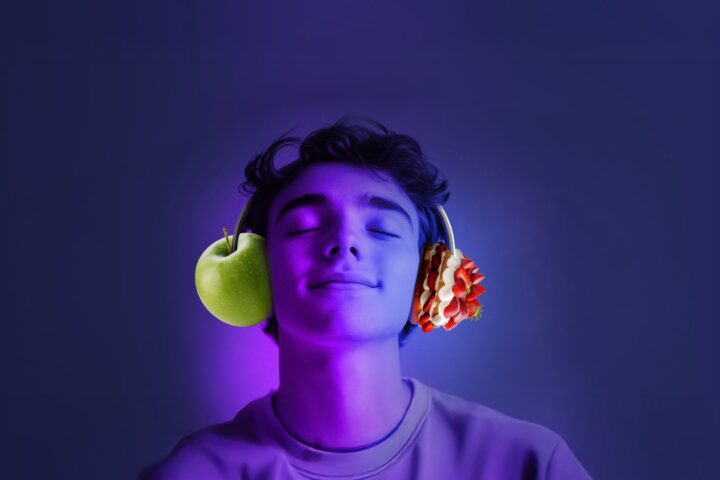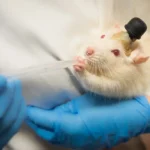French researchers have identified a new blood group that currently exists in only one person worldwide – a woman from Guadeloupe. The discovery, officially recognized in early June 2025 by the International Society of Blood Transfusion (ISBT), marks the 48th known blood group system in humans.
The French Blood Establishment (EFS) announced this breakthrough after years of research spanning more than a decade. The blood group, named “Gwada negative,” reflects both the patient’s Guadeloupean origin and the absence of a specific antigen on her red blood cells.
“Today only she is compatible with herself in the whole world,” explained Thierry Peyrard, a medical biologist at EFS who played a key role in the discovery. This extreme rarity creates a serious medical challenge – if the woman needs a blood transfusion, finding a compatible donor would be exceptionally difficult.
The journey to identify this blood group began in 2011 when doctors detected an unusual antibody during routine pre-operative tests for the patient, who was 54 years old at the time. However, technological limitations prevented scientists from fully understanding what they had found.
“A very unusual antibody was first found in this patient in 2011, but the technical means of the time did not allow for further investigations,” Peyrard said.
The breakthrough came in 2019 when advanced high-throughput DNA sequencing technology became available. This powerful tool allowed researchers to identify a specific genetic mutation in the PIGZ gene, which the woman inherited from both parents. This discovery led to the classification of a new blood group family, also named PIGZ.
Scientists are now hoping to find other people with the same blood group, particularly among populations with similar ancestry to the patient. “If she needs a blood transfusion, it will be necessary to find a compatible donor,” Peyrard stressed.
The discovery highlights the critical importance of blood compatibility in medical care. When someone receives incompatible blood, their immune system can attack the transfused red blood cells, potentially causing severe reactions or even death.
Similar Posts
Blood groups are determined by the presence or absence of certain antigens – substances that can trigger an immune response – on the surface of red blood cells. The most widely known blood group system is ABO, first discovered in 1900 by Karl Landsteiner, who later received the Nobel Prize for this work.
Since then, scientists have identified 48 different blood group systems comprising nearly 400 different subgroups. Each system represents a collection of antigens controlled by a single gene or group of closely linked genes.
Beyond the familiar A, B, AB, and O types, there are dozens of other blood group systems including Rhesus (responsible for the positive or negative designation), Kell, Duffy, and now PIGZ. Most people never learn about these additional systems because they rarely cause transfusion problems, but for patients with rare blood types, they can be life-threatening.
The EFS has emerged as a global leader in blood group research, discovering 10 of the 17 blood group systems identified worldwide since 2012. These discoveries accelerated after 2019 with the advancement of high-throughput DNA sequencing technology.
Peyrard noted that these discoveries have implications beyond transfusion medicine: “What is fascinating is that this discovery has not only functional results. It allows for a better understanding of pathologies.”
The identification of rare blood types is particularly important for pregnant women. “If the mother has a rare blood type, she can produce an antibody that can target her child,” Peyrard explained. This can lead to hemolytic disease in newborns, where maternal antibodies attack the baby’s red blood cells.

With approximately 14 million units of blood transfused annually in the United States alone, according to the CDC, blood typing remains a cornerstone of modern healthcare. Each new discovery improves safety for patients and provides insights into human genetic diversity.
The EFS emphasized that identifying people with rare blood groups is crucial for emergency care. “Discovering new blood groups means offering patients with rare blood types a better level of care,” the organization stated, highlighting the real-world impact of this scientific advancement.
